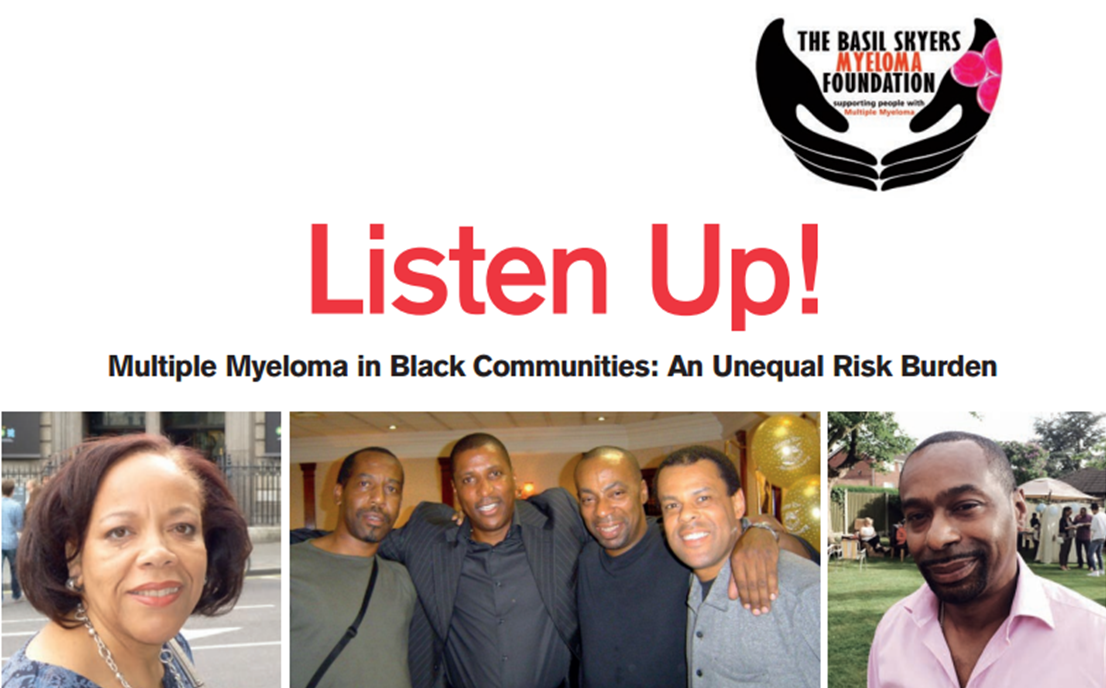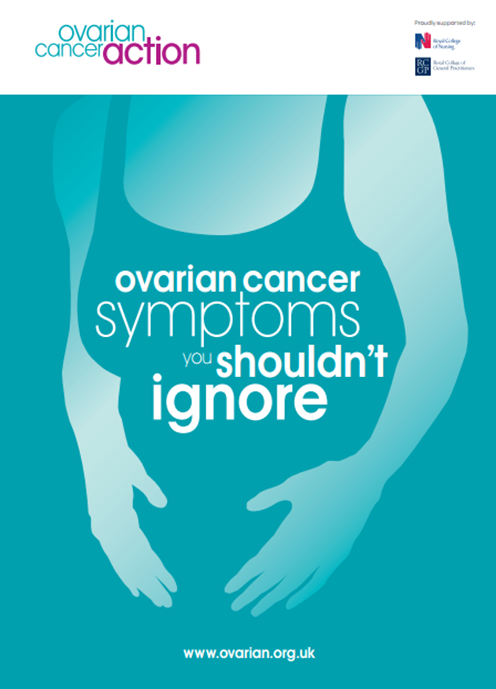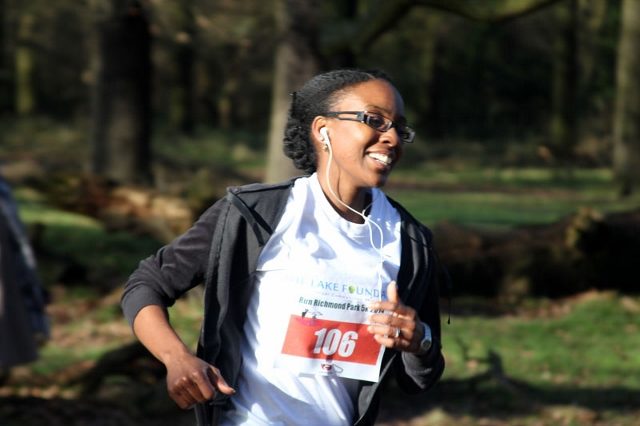The Basil Skyers Myeloma Foundation Launches Report on the Black Community and Myeloma
In June, the Basil Skyers Myeloma Foundation officially launched their report ‘Listen Up! – Multiple Myeloma in Black Communities: An Unequal Burden’. This was a very interesting report that aimed to provide a comprehensive view of how myeloma (a cancer that starts in the bone marrow) affects the black community.
From their work the authors found that myeloma disproportionately affects the black population with black people being 2-3 times more likely as white people to be diagnosed. Specifically, this disease is a challenge for black men with black men having the highest incidence and mortality than any other group. In addition, black people affected by myeloma are likely to develop it at a slightly younger age and are on average four years younger than white people when diagnosed. The reason why myeloma is more common in the black community is unknown and the report stresses the importance of further research to fully understand myeloma and its effects on the black community.
The report makes the following recommendations:
- The improvement of the collection and interpretation of data on myeloma including ethnicity data.
- Race and ethnicity should be consistently taken into account in clinical research in order to inform the development of clinically and culturally appropriate healthcare services.
- Studies should be commissioned to understand the differences in diagnosis, survival and mortality between black and white groups, and to understand the efficacy of treatments
- Wider attention should be given by local authorities, clinical commissioning groups and other public sector partners to the specific health needs of the black community.
This is an interesting report that clearly highlights how myeloma affects the black community and the steps that need to be taken to start addressing the inequalities that exist in this disease area. The Lake Foundation will aim to play its part in assisting in addressing some of these issues.
You can read the full report below.
















